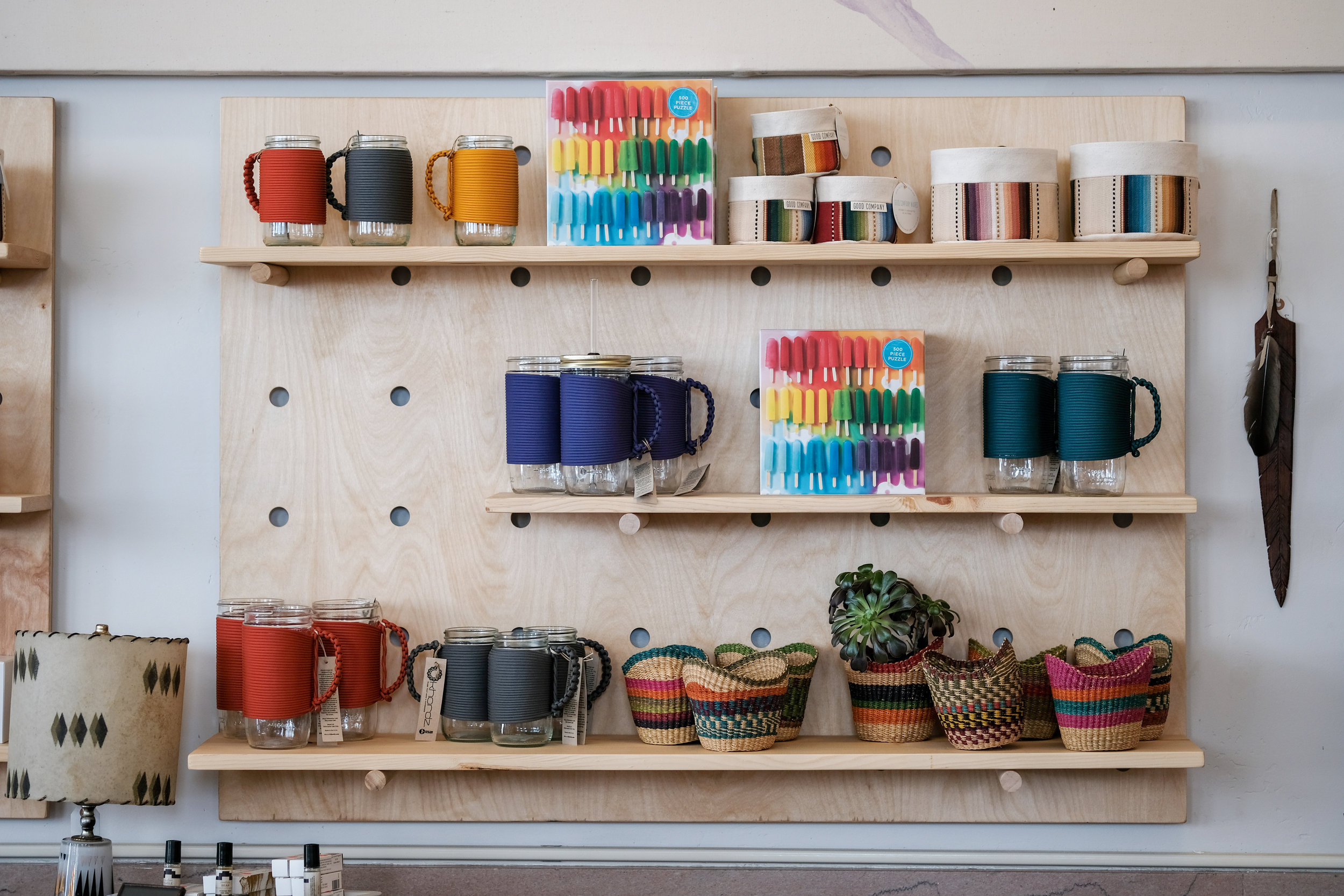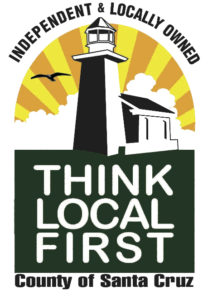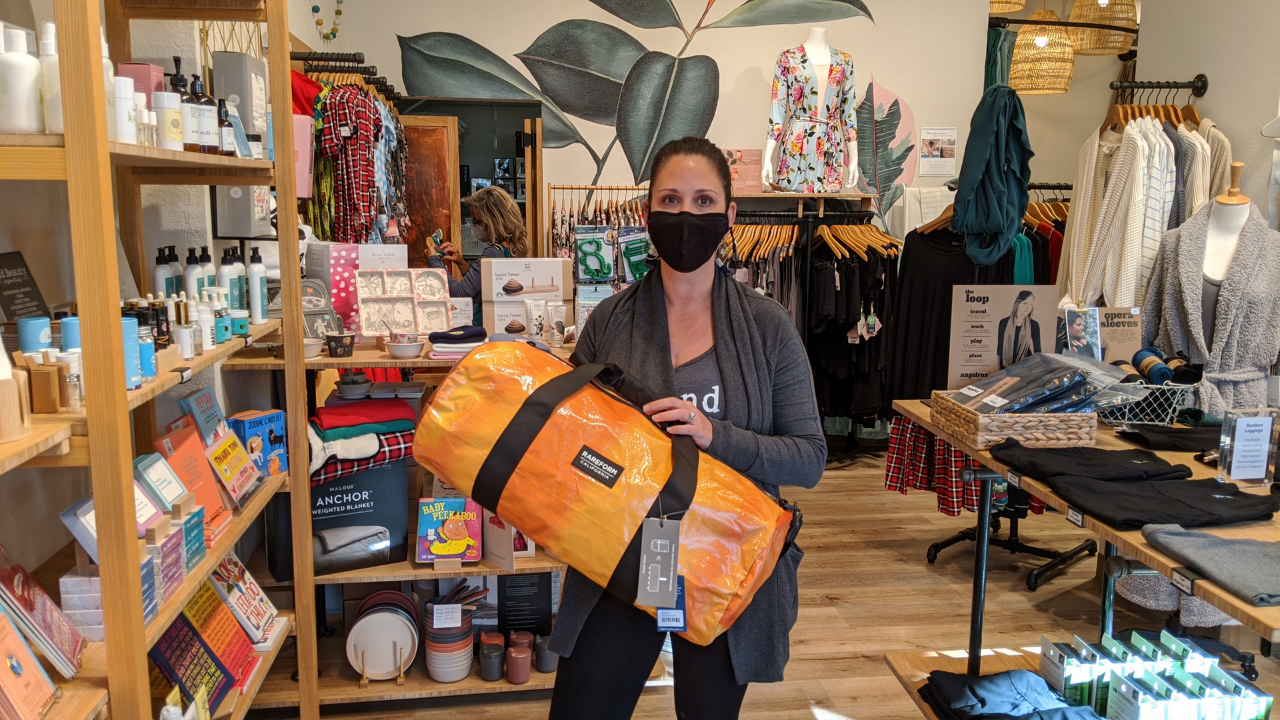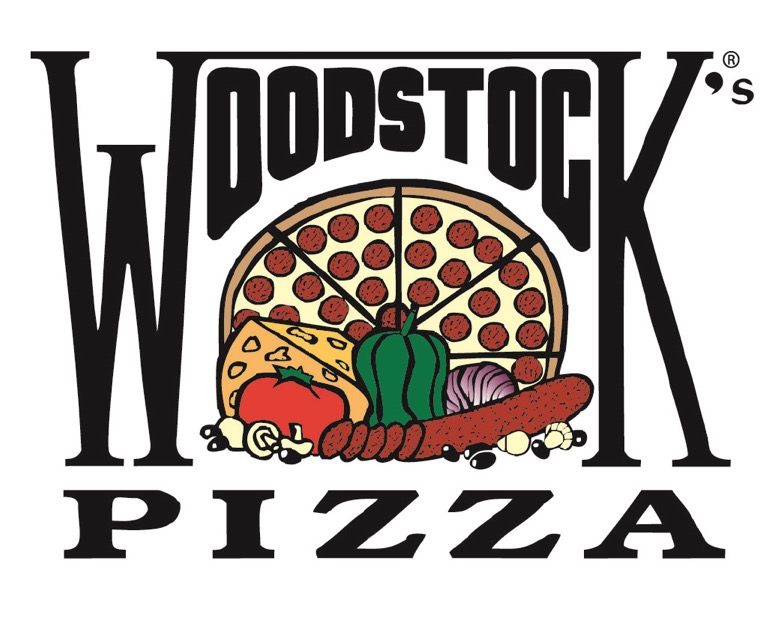As Santa Cruzans, we pride ourselves in knowing the importance of shopping locally. We don’t need to be told that multiple studies show $68 out of every $100 spent locally stays local. That’s compared to only $43 staying locally when money is spent at national chains. Unfortunately, we also know that these days, most Americans do their shopping online. According to a 2018 NPR/Marist poll, 69 percent of Americans have shopped online and time–plus a pandemic–have only risen the numbers.
Yet, in a surprising trend, more and more Americans this holiday season want to walk a path Santa Cruz forged long ago and shop locally. But what do you do if you’re immunocompromised, don’t want to deal with the crowds, or even just too busy to get outside and shop but still need that perfect gift from your favorite local store?
Look no further than the newly launched, Santa Cruz-based company, InStock.org.

“You can search for any product, click a button and have it show up in less than a day,” says CEO and founder, Ian McHenry. “The big difference is instead of coming from anonymous warehouses thousands of miles away, these come from the shelves of local stores.”
Yes, you read that right.
Instock.org is the latest in local technology that aims to keep our community vibrant and buzzing. McHenry says the idea came to him last holiday season when he was frantically searching for a kitchen playset his daughter loved, but it wasn’t going to arrive until after Christmas through Amazon.
“Suddenly, I was thrust back into the world of physical retail and kept calling toy store after toy store to find it.”

An ex-investment banker and co-founder of BeyondPricing.com — a dynamic pricing site for vacation rentals–he realized there had to be another option. Along with the economic aspect, he also has emotional reasons for wanting to promote local businesses. No stranger to the Santa Cruz community, his grandfather was Dean McHenry, the founding chancellor of UC Santa Cruz and namesake of their McHenry Library. Dean was also the co-founder of McHenry Vineyards, which recently burned down in the CZU Lightning Complex Fires, but Ian’s cousins still own, operate and hope to rebuild.
“I don’t want to live in a place where there is no downtown or shops,” he states. “That’s where you run into your friends and the social aspects of a community happen.”
TIME REALLY IS MONEY
So how does it work?
Just like shopping on Amazon, customers go to Instock.org and enter whatever item(s) they’re looking for. They’re then presented with a list of the best results, prioritizing locally owned, independent (a.k.a. “Mom & Pop”) stores first. The shopper then clicks on what they want and waits for the delivery.
However, In Stock does the big guys not just one better but two: same day delivery and it’s free of charge.
McHenry says that both of those were key factors in starting the company after much consumer data analysis. He explains that both are achievable because of how the InStock model differs from Amazon. One way is they only deal with non-perishable items — no food or groceries — which allows them to drop off the items on customer’s doorsteps instead of meeting them in-person.
Another is while the big guys use a hub and spoke design–goods are collected into central warehouses and then distributed hundreds to thousands of miles away–In Stock uses what McHenry calls a “milk run” model. Once the order is placed, the store gets it ready for curbside pick-up — a function most stores now offer thanks to Covid. The delivery driver then has the purchase handed through their car window, or briefly runs in to grab it, and are back on their way to the next pick-up or delivery.
“All this is equal to minutes saved,” he illustrates. “And minutes per delivery saved is the difference between a zero dollars delivery or an eight dollar charge.”
McHenry is the first to point out that In Stock also features national — a.k.a Big Box — stores such as Target, primarily to attract repeat customers to the website who need frequent items.
Think disposable diapers, for example.
“We need to be an everything site,” he admits. “From an artisanal Christmas ornament from a store like Home/Work to toilet paper.”


However, they only feature the inventory from the customer’s closest big box store, keeping some of the money in the community. Also, the In Stock model is to always feature the independent store first, so customers are most likely to shop from them when applicable. He gives the example of a recent order when a customer purchased multiple items from Target. In the same purchase, they bought a kitchen tool from Toque Blanche on Pacific Avenue even though the Capitola Target had the same item for the same price.
“That’s the power of In Stock,” he proudly states with a grin.
A LEAGUE OF OUR OWN
Right now, over a dozen stores in Santa Cruz County have joined In Stock and the company is looking to expand, not just locally. They recently launched in Los Gatos and hope to continue moving up the coastal corridor in the future. But for now, they’re trying to spread the word so more local businesses know they have another option for reaching the maximum number of customers.
Businesses like Fybr, the downtown eco-conscious lifestyle and clothing store which recently signed-up with the company.
“I think it’s fantastic,” says Fybr owner and Santa Cruz County resident for the last 25 years, Kamala Allison. “I love the idea and think they’re really filling a void.”
Established in 2018, Fybr specializes in sustainable, environmentally friendly goods from bamboo clothing and pillows to weather-resistant bags made from recycled billboards. Like most small businesses in Downtown Santa Cruz, the pandemic took a financial hit on Fybr. Even with being open at limited capacity, temporary lay-offs were inevitable and revenue is currently projected at a downward trend of 55 percent compared to last year. With some restaurants closed and others only open with limited outdoor seating, Allison explains the diminished downtown foot traffic also meant Fybr– along with others — had to start closing earlier as well.
But not all the news is bad.
She says they used the first part of the pandemic to put all their inventory onto their website and social media, boosting online sales 20 percent. They also hope to expand hours, at least for the holiday season. She agrees small businesses need as many resources as possible as they are often competing with companies out of their league, literally.
“We’re employing people in our community, we’re generating tax revenue for our community, we’re donating to local organizations, school auctions, little leagues and more, ” she explains.
Just this fall, Fybr teamed up with Santa Cruz Plumbing–owned and operated by her husband, Jason Allison–and raised over $12,000 donated to local fire evacuation and animal shelters during the CZU Lightning Complex Fires. Readers will remember the fires displaced 64,000 Santa Cruz County residents, the Allisons included, though they were fortunate enough to rent temporary housing during that trying time.
TAKING IT TO THE STREETS
“Money spent locally stays local,” describes Andrea Konrad, Membership Director for Think Local First Santa Cruz. “It goes back, which builds a more dignified community.”
Since 2007 the non-profit network of local businesses has coalesced to promote locally owned, independent businesses through consumer awareness. Businesses can either register (for free) with Think Local First, or become full-fledged, paying members–each with its own set of benefits. However, they must meet a set of criteria, which includes being an independent business (no national chain franchises such as McDonald’s), the owners living locally or in the surrounding area (Monterey or Santa Clara County) and more.
Konrad is excited about the promise In Stock holds and recently worked with McHenry on a mock presentation for Think Local First Santa Cruz board members, which Fybr — along with three other stores– was also a part of. She says they plan on rolling out the new program to the rest of their members soon.
“Consumer awareness is a big key,” she expresses. “You can’t get mad at people for shopping from Amazon if they don’t know [other options exist].”

It’s that awareness McHenry hopes to attract for the holidays by offering promotions for customers and businesses right now.
“It’s new but when people start having the experience of going online, buying something from a local store and have it show up on their doorstep on the same day, that’s the magic.”
Here is a current list of local businesses that are signed up: https://eventsantacruz.instock.org


















Shop Santa Cruz encourages community members to shop for the holidays early and often at their favorite local Santa Cruz businesses, both in-person and online. With a variety of stores, restaurants and other businesses to choose from, shoppers are sure to find a gift for everyone on their list. Shopping in Santa Cruz is safe and convenient.
In Stock is a new company that helps you find any product in stock locally. In this interview with In Stock CEO, Ian McHenry we learn how he came up withy the idea, the benefits of using In Stock, why starting in Santa Cruz was a good idea and what is next. And yes, In Stock is hiring!